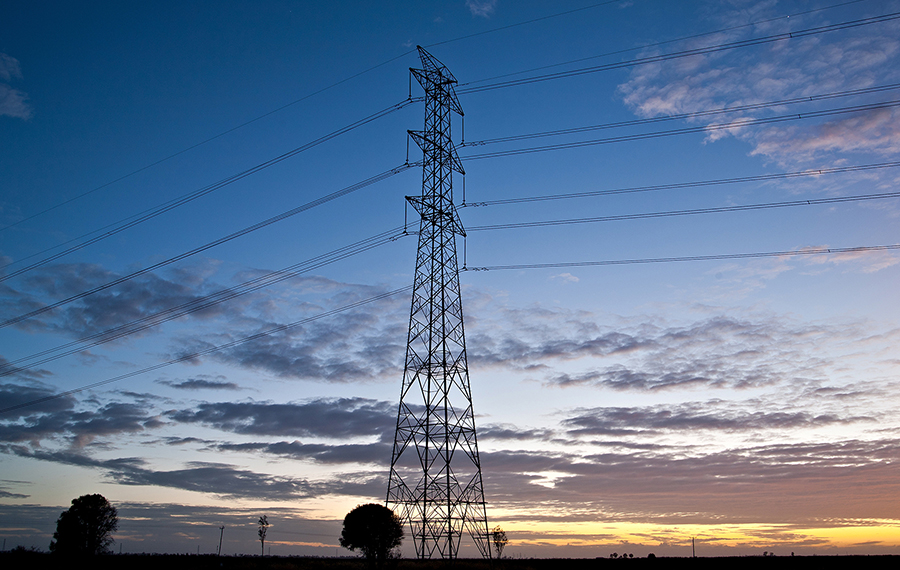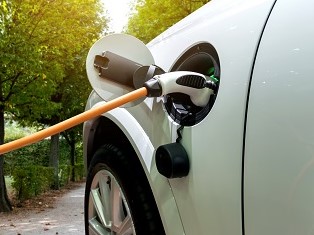
Save money on energy
Learn how to save on energy to reduce the cost of living for Queenslanders.

Types of renewable energy
Learn about renewable energy sources and the tools that help support them.

Energy system planning
Learn about our commitment to delivering an affordable, reliable and sustainable energy system.

Vehicles and energy
Helping you to power up electric vehicles or find the cheapest fuel.
Energy for me
Energy in your community
Creating a sustainable and affordable energy future for Queensland.
Energy in your home
Electricity, gas, energy saving, solar power, digital meters, consumer rights.
Energy in your business
Energy supply and pricing, energy saving and efficiency, solar power, support packages.
Energy industry
Energy regulators, renewable energy, electricity industry, gas industry.
Generation interruptions
Stay informed about disruptions in Queensland's power supply network including the latest information on both scheduled and unexpected outages.